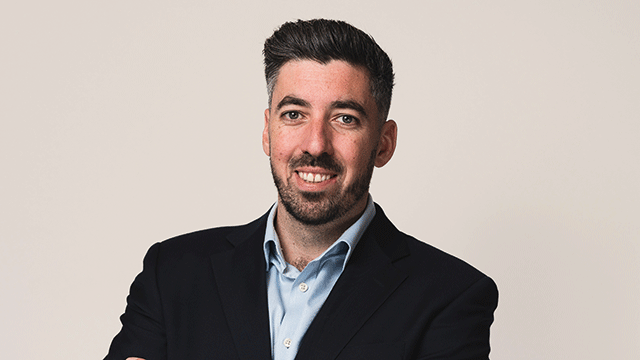The education of surveyors must be widened to include knowledge of the larger business world if the profession is to flourish in the 21st century, says Peter Dent
“Our profession is characterised by the technically driven surveyor, qualified to mediocre level (the best candidates defect to accountancy and the City), whose life is taken up with agency deals – the Sunday Telegraph described surveyors as house agents in Sunday suits – rent review negotiations or with valuations.
“Although these activities are vital to the low-level management of a corporate property portfolio, it hardly constitutes the sort of activity that would raise the heartbeat of the chairman at the board meeting.”
Thus Alan White, in his paper to the RICS changing practice seminar in 1998, delivered a stinging “state of the profession”. He was pointing out that the education of surveyors must include business skills and an appreciation of the business environment.
This is the aim of the RICS University Partnership Initiative, which provides the opportunity for universities to think laterally and broaden their base. It is now up to the them to respond.
University links with business
How far have they got? To what extent have structures been put in place in university courses and in-house corporate training programmes – such as links with business schools, joint honours programmes and specialist MBAs – to meet the objective of producing surveyors that can influence organisations’ strategic thinking?
Within the department of real estate at Oxford Brookes University, for example, a range of undergraduate programmes, including a BA(Hons) Business of Real Estate, are offered. And ways to integrate real estate issues into our business school’s MBA programme to meet the needs of the profession are being explored.
But the profession as a whole needs to take a more active role in education. Employers are partners in learning. The evidence at the moment suggests that more could be done by employers to be more proactive in assisting professional staff to continue their learning at work. The Business Benchmarking Report (2000) from the Chartered Surveyors Training Trust says that “it is no longer credible to deliver surveying programmes that do not acknowledge the business climate within which real estate exists. To subscribe to the core subject areas of valuation, economics, law, planning, building and management is no longer enough.”
Establish partnerships
Over the past three years the RICS has implemented the proposals set out in its 1999 Education Task Force report Investing in Futures to establish partnerships between surveying firms/corporations and education institutions. According to Rob Tovey, head of education and training at the RICS, the process is to “challenge UK universities to supply the surveyors of the future with a higher status than ever before”.
He goes on to highlight the need for surveyors of the future to have stronger business skills and a wider knowledge base than surveyors did in the past. Whatever the arguments about university partnerships and the way they were introduced, there is a clear need within the marketplace for well rounded professionals to face the intellectual challenge of the 21st century real estate market.
The RICS University Partnership Initiative should be seen as the starting point. To take this to the next stage, surveying firms and corporate organisations need to consider how they can contribute.








